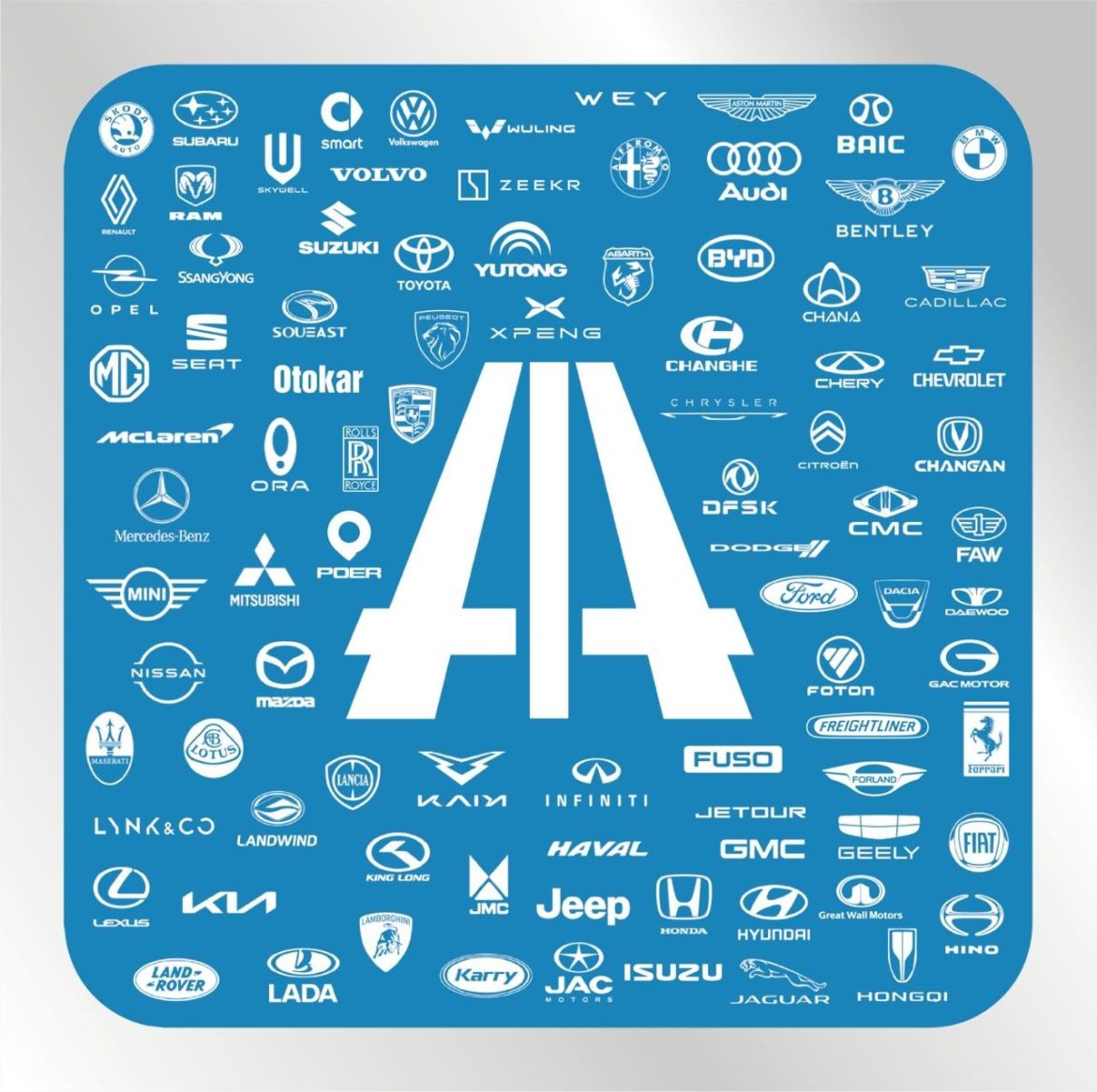The Association of Global Automotive Manufacturers’ Representatives in Lebanon (AIA) warns against the uncontrolled handling of electric and hybrid vehicles. This category of vehicles, equipped with lithium batteries, requires close monitoring by qualified specialists, in full compliance with the strict standards set by manufacturers. These standards include the proper equipment of workshops, the training of certified technicians, regular maintenance, and the replacement of defective batteries, which must be returned to the manufacturer in specially designed containers — to ensure both public safety and environmental protection. On the parallel market, where these technical conditions are not met, the environmental and safety risks become real and alarming.
In light of this situation, AIA calls on the Lebanese authorities to establish a dedicated regulatory body responsible for overseeing the storage and treatment of used lithium batteries, given that no recycling facilities exist in Lebanon, and that their destruction or burial constitutes a serious violation of environmental and public safety standards. AIA also urges the modernization of the Civil Defense’s equipment, enabling it to effectively respond to fires caused by lithium batteries, which pose a high risk of explosion when traditional firefighting methods — unsuitable for electric vehicles and solar installations — are used.
In the same context, AIA regrets the ongoing state of chaos affecting the Lebanese market for more than three years, due to the absence of a clear mechanism for implementing Article 5 of the Competition Law, which aims to protect consumers from the importation of new vehicles by unauthorized entities with no connection to the manufacturers. This situation deprives consumers of the manufacturer’s warranty and the technical updates essential to vehicle reliability and user safety.
Finally, AIA reaffirms its commitment to supporting the advancement of the automotive sector in the interest of road safety, the national economy, environmental protection, and the Lebanese consumer, through:
• Contributing to the development and modernization of traffic laws that ensure public safety and reduce emissions, in close coordination with the relevant official authorities
• Protecting consumer rights by enforcing after-sales service standards set by manufacturers, including maintenance, warranty execution, Recall Campaigns, and the exclusive use of genuine spare parts, in full compliance with the highest international technical standards
• And continuously working to enhance road safety and promote a responsible driving culture.

